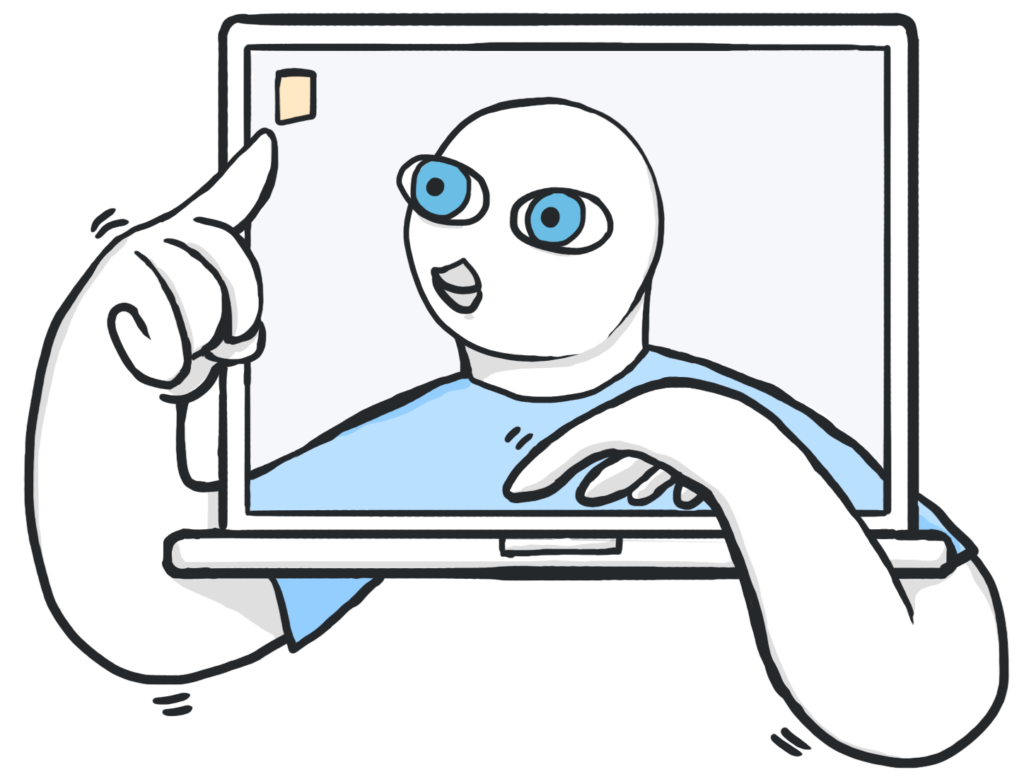We all have heard the new adage that “data is the new gold”. Organisations are spending hundreds of millions of dollars building ‘data strategies’. They aim to generate and organise more data to help them build competitive advantage. As the amount of data to be processed increases, so will the number of tools required to analyse them. However, building a data-driven culture is not just about giving your team the right tools and data to analyse. It is also about inculcating the right behaviours and building the right skillsets.
Desk research is a very accessible way for your team to incorporate data into their day-to-day work. Many employees go about their day executing on processes and tasks without finding insights that could help them. Therefore the business could work better and begin to generate real business ROI’s. Here are several reasons why desk research is great to get your team to start learning about being data-driven:
1. You can discover more details
You may start your project with very broad goals in mind. They can be: enter a new market, understand your competitors’ value proposition, closing a deal, etc. However, you eventually will need to get into the specifics as you move into planning and execution stages.
Here is an example. In a market entry project, you may need to get details on the target countries you want to enter. Details such as relevant market sizes, competitors, regulations, and so on could impact your strategy.
A team that is data-driven should consider several factors. How they can validate their hypothesis? What data is required to validate their assumptions? What case studies can be used to support their approach? Desk research reveals the hidden details and unknowns in your business and projects that could be key in helping you generate the ROI you need.
2. Desk research contextualises your insights
Data is only useful when you can act on them. However, to act on a piece of data, careful processing and analysis are required. The same set of data may also yield different insights, depending on your project.
For instance, a set of data that shows overall growth in the F&B industry may paint an over-simplified picture about the stellar performance of the industry as a whole. However, through deeper desk research, one may find that growth in the industry is mainly driven by only one segment of the industry, for example the health food segment, while other segments are in decline.
Since most datasets are not customised to your business’ specific needs, it is important for you to conduct additional research to fill in the gaps in knowledge and understanding. If nothing else, additional desk research will only corroborate your facts and help you make a more informed decisions. Contextualising your insights through desk research is the least you can do to make sure you have a robust decision-making process.
3. Desk research builds foundational analytical abilities
If you are thinking of building a data-driven culture, you need to have a team that is comfortable with basic data analysis. Desk research does not require fancy analytical tools like Python or Tableau. However, it still requires significant creative problem solving skills and analytical abilities. Here’s an example.
When looking to size a market for a new product, one needs to be creative and also resourceful. Most information, even industry reports by research firms, is not designed for specific company’s use, but for mass consumption. If you are looking to open a new bakery specialising in gluten-free goodies, the market size of the overall F&B industry may not be that relevant. Instead, you might want to segment the market further to understand the overall size and performance of only the health food segment, for instance.
To do that, one may need to find creative ways to break apart the overall F&B industry into its segments. The same person also needs to apply mathematical robustness in their approach to make sure the results are derived logically. Someone with a strong aptitude in desk research might be able to provide an estimate of the health food segment by extrapolating the historical rate of growth of overall health food segment to estimate the current market size. The same person might want to fact check that by using other proxies such as trends in health food keyword searches in Google to further corroborate the findings.
While ultimately people act on the final output of the research, the research methodology itself is very important. Desk research helps people practice their qualitative and quantitative analytical skills. This helps your team be more inquisitive about information and analyse them more critically.
4. All teams are able to do it
Desk research skills should not only be constrained to the analytics or strategy team in your company. Everyone in your company should find value in being able to generate relevant insights in their jobs.
- A salesperson going for a sales pitch benefits from researching their prospects upfront. They can figure out what is on their CEO’s minds, what key initiatives their prospects are working on, and who are the key stakeholders their prospects report to. Having these insights helps your sales team understand their clients’ key purchasing drivers. This will lead to a more strategic discussion with them.
- An operations specialist can analyse their internal processes and generate insights to help them identify key bottlenecks and areas of improvements. They can research for best practices across the industry and propose new ways of doing things that can help improve overall productivity in your team.
- A growth manager looking to expand into a new countries can provide recommendations that are validated by government data and competitor performance.
By incorporating desk research intentionally into your team’s activities, they are able to think deeply about the problems they are trying to achieve and the corresponding information and data that they need to solve them. Your team will not only start making more data-driven decisions, they will also start thinking more strategically about your overall business priorities and they are better able to contextualise the value of their role in the overall organisation.
5. Desk research is accessible
Your team does not need to be a Tableau-whiz to be able to whip up visualisations and insights. Desk research can generate meaningful insights with simple tools like spreadsheet software, your company’s internal database, and the internet. There is no need to purchase expensive software, spend days and days on training, and hire an expensive consultant to implement new tools or workflow.
The low barrier to adopting desk research makes it inexcusable for your business to not leverage data in your business day-to-day. It is a great entry point to start changing the way your team and organisation treat data. It is a great starting point to embed a more data-driven behaviour and culture across your entire organisation.
As organisations evolve into leveraging more complex tools and data in making decisions, it is fundamentally important for you to build basic analytical capabilities to help your team succeed. Desk research is a great starting point for that.






